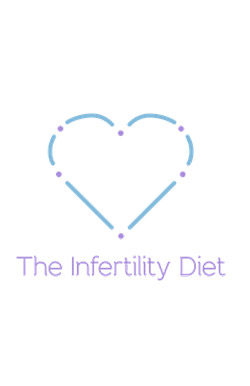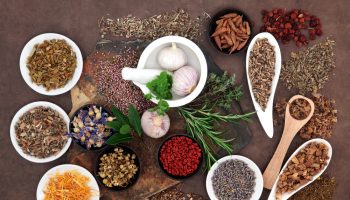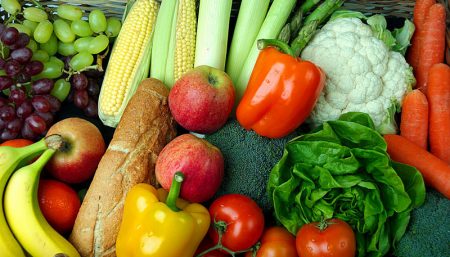The road to parenthood can be an emotional and costly journey for those struggling with infertility.

The DietTM App shows users how a proper diet can improve the chances of naturally conceiving a healthy baby. The application offers those fighting infertility a detailed list of foods to eat or avoid while trying to conceive. It educates the user about the importance ofGlycemic Index (GI) as well as Glycemic Load (GL) in food, and highlights what to eat and what to avoid. The user is simply and intuitively introduced to dietary habits that are likely having an adverse impact on human metabolic and reproductive systems.
Users can also take advantage of the easy-to-use Search option to quickly find critical information about the food they are about to consume — including a proprietary rating which identifies whether the user should consume the food as part of their Infertility diet.
The Infertility DietTM app can be a powerful tool in the arsenal for those seeking to combat infertility.
Besides, this diet is not just for infertile couples but it is for anyone interested in healthy eating (and weight loss).
Consuming each additional 1 percent of energy from omega-3 fatty acids, say, from mackerel, flaxseed, or supplements rather than from saturated, monounsaturated or omega-6 polyunsaturated fats was associated with approximately a 50 percent lower risk of endometriosis |
Foods that Might Lead to Infertility
- Women who eat lots of low-fat dairy products face an 85 percent higher risk of ovulatory infertility than women who consume little or no low-fat dairy products.
- Women who consume at least one daily serving of whole milk are more than 50 percent less likely to experience ovulatory infertility than are women who consume less than one serving of whole milk per week.
- Women who consume at least one alcoholic beverage per day have a nearly 50 percent greater risk of ovulatory infertility than women who drink no alcohol.
- Women who are exposed to large quantities of perfluorooctanoic acid (PFOA), a synthetic chemical used in the linings of microwave-popcorn bags, face an infertility risk ranging from 70 percent to 134 percent higher than that of women with the least amount of PFOA exposure.
 Women who eat large quantities of omega-3 fatty acids are 22 percent less likely to be diagnosed with endometriosis common cause of infertility葉han women who eat little or no omega-3s.
Women who eat large quantities of omega-3 fatty acids are 22 percent less likely to be diagnosed with endometriosis common cause of infertility葉han women who eat little or no omega-3s.- Women who consume large quantities of non-heme iron ( found in lentils, spinach, and supplements) have a 40 percent lower risk of ovulatory infertility than women who consume little or no non-heme iron.
- Women who consume at least 5 percent of their daily calories in the form of vegetable protein rather than meat protein have a 50 percent lower risk of ovulatory infertility than women who consume only meat protein.
- Men whose mothers ate beef at least seven times a week while pregnant with them are three times as likely to have low spermcounts as men whose mothers ate less beef while pregnant.
- Anything that is fried, even a vegetable, has the issue of trans fat and the potent cancer (and other diseases including infertility)-causing substance acrylamide. Foods that are fried in vegetable oils such canola, soybean, safflower, corn, and other seed and nut oils are particularly problematic. These polyunsaturated fats easily become rancid when exposed to oxygen and produce large amounts of damaging free radicals in the body.
- Seafood is loaded with toxic mercury and PCBs, and shellfish such as prawns and lobsters can be contaminated with parasites and resistant viruses that may not even be killed by high heat. Bear in mind that the price indicates the quality (don稚 buy cheap fish oils!). If you do want to eat some fish, make it no more than twice a week.
- Avoid all (or at the very least drastically decrease) your sugar and sugary food consumption. Your results will be dramatically better when trying to conceive (naturally or viaIVF) if you do.
It is important to understand that, when the body is in a state of internal reactivity, it is in a state of 租is-ease, and has less energy available for housekeeping functions like procreation.
References:
Disclaimer
The Content is not intended to be a substitute for professional medical advice, diagnosis, or treatment. Always seek the advice of your physician or other qualified health provider with any questions you may have regarding a medical condition.



